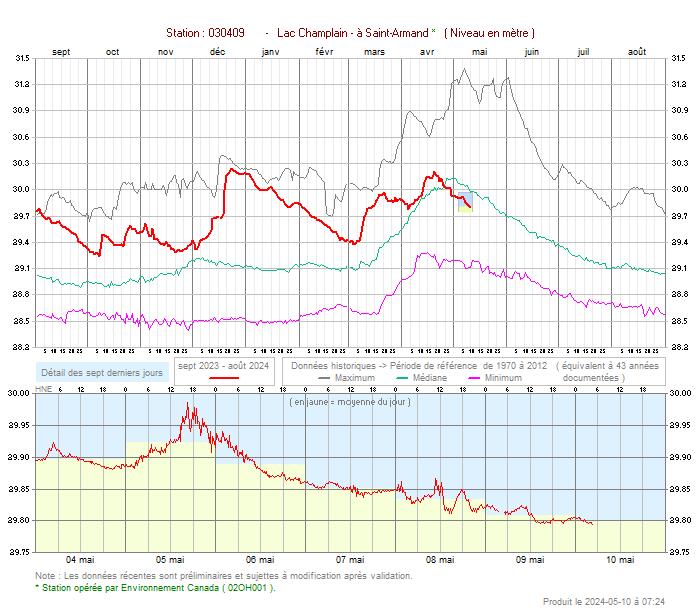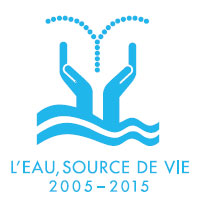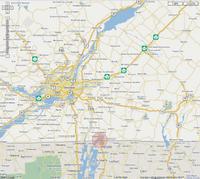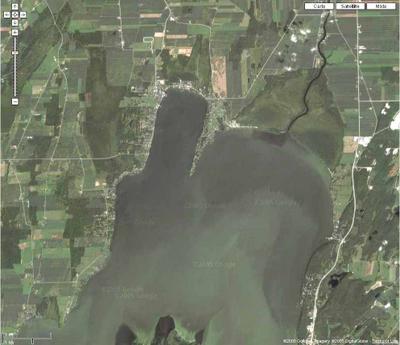Moins de cyanobactéries en 2005
C'est ce qui ressort de cet article du journal Burlington Free Press : Algae decline seen in Missisquoi Bay, Tuesday, September 6, 2005 - By Candace Page, Free Press Staff Writer
SWANTON -- It's been a good summer on Missisquoi Bay: hot weather, sunny weekends -- and almost no toxic blooms of blue-green algae.
No one is certain why the noxious scum did not accumulate this summer, including University of Vermont professor Mary Watzin, the chief researcher working on the bay.
"The density of blue-green algae is dramatically lower. The toxin levels have been significantly lower. The water is clearer. We haven't seen those huge blooms where you get these big, feathery basketballs of algae," she said late last week. "We don't know why."
She and others cautioned that the summer's respite does not reflect an improvement in the overall water quality in the bay, which is polluted by agricultural run-off, dirt from collapsing riverbanks and treated sewage.
In recent summers, the big shallow bay at the northeastern end of Lake Champlain has turned into green soup, laced with algae-produced toxins that can sicken people and kill animals such as dogs. Each summer, there have been weeks when health officials recommended that people and their pets stay out of the water.
Watzin noted that this summer has been comparatively dry. That means the three rivers draining into Missisquoi Bay did not carry as heavy a load of dirt and fertilizer as they did after the heavy rains of summer 2004.
"We know one underlying reason for the blooms is the high nutrient concentration in the bay, and those concentrations fluctuate from year to year, depending on how much run-off there is and when it happens," she said.
Nutrients are not the only variable, though, she cautioned. There have been big changes in the bay's food web. The populations of some fish have declined dramatically while one species, the white perch, has exploded.










0 commentaire(s) :
Cliquez ici pour inscrire votre commentaire.
Pour vous identifier, pointez « Autres » et inscrivez votre nom.
<< Retour à la page d'accueil